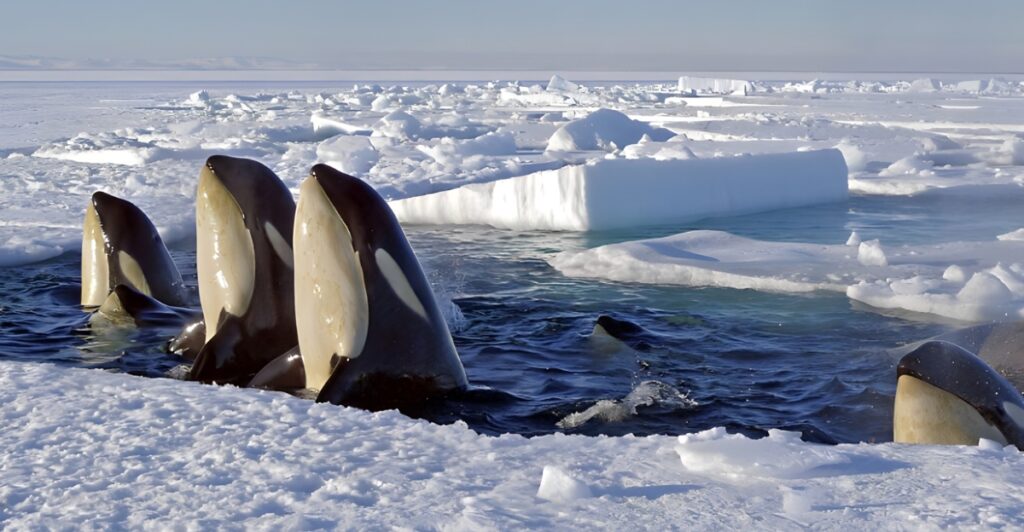
Orcas, also known as killer whales, are among the most intelligent and adaptive marine mammals. Recently, scientists have observed an increasing number of orcas venturing into the Arctic Ocean, a region traditionally less frequented by these apex predators. This migration is driven primarily by the melting sea ice caused by climate change, which is opening previously inaccessible habitats. While this expansion into the Arctic offers orcas new hunting grounds, it raises significant questions about its implications for marine ecosystems.
The Role of Climate Change
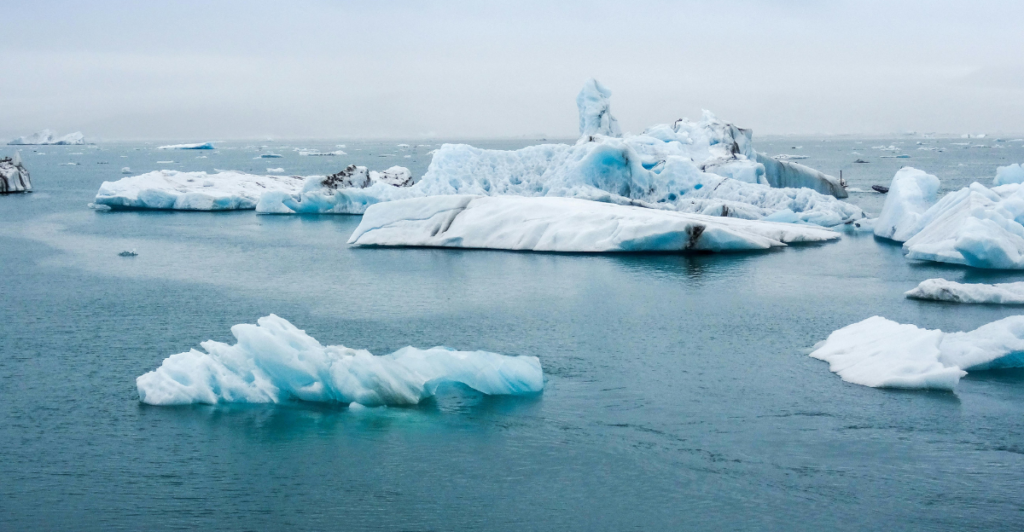
The rapid warming of the Arctic has resulted in a dramatic reduction of sea ice, with the region losing about 13% of its ice cover per decade. As sea ice retreats, it creates open waterways that orcas can navigate. Historically, thick ice has acted as a barrier, limiting the movement of these large cetaceans. Now, their increasing presence in the Arctic is a stark reminder of the far-reaching effects of global warming.
Orcas as Apex Predators
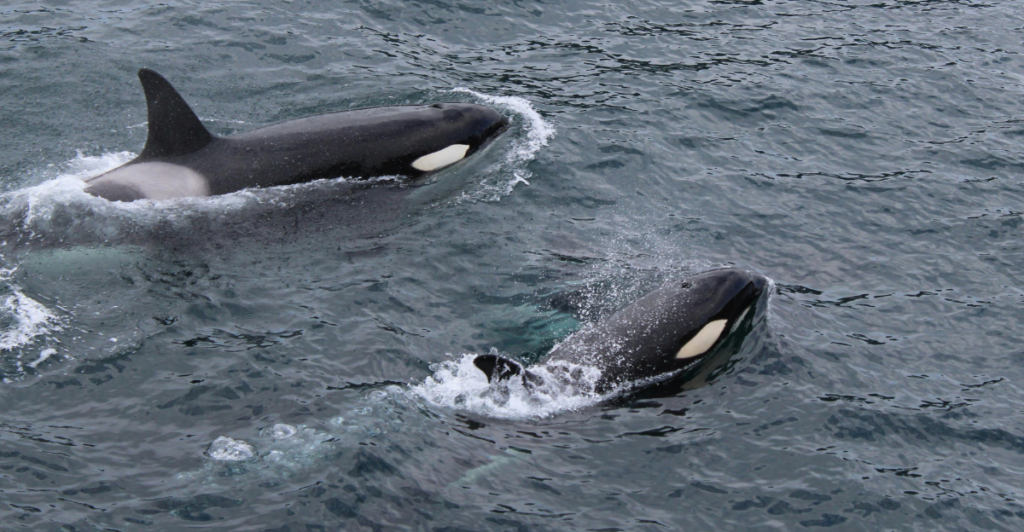
Orcas are highly effective predators, known for their complex hunting strategies and diet that includes fish, seals, and even other whales. In the Arctic, orcas are expanding their prey base to include species such as narwhals and belugas, which are not adapted to evade such efficient hunters. This shift could have a profound impact on Arctic marine populations, potentially reducing the numbers of these native species and altering the delicate balance of the ecosystem.
The Impact on Indigenous Communities
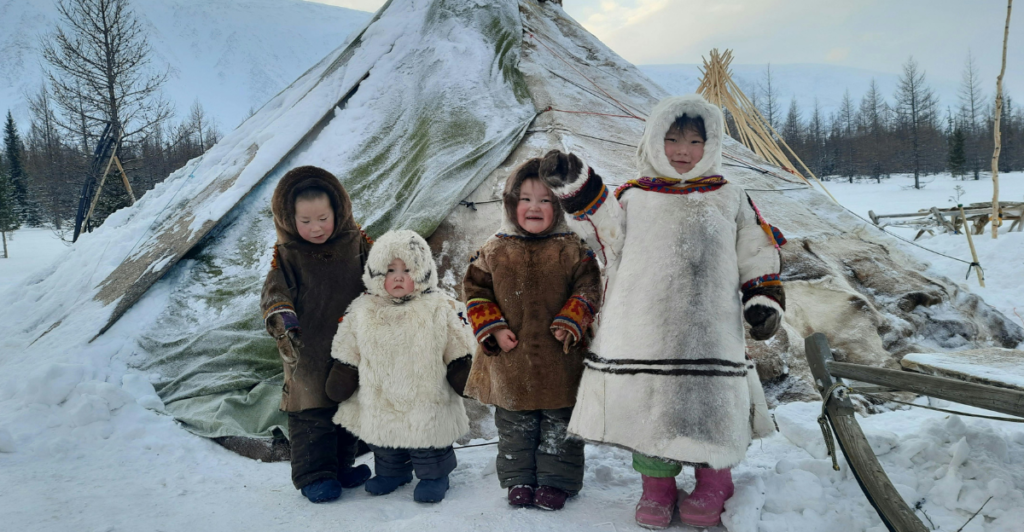
The presence of orcas in the Arctic is also affecting Indigenous communities that rely on marine mammals for subsistence hunting. For centuries, these communities have depended on species like seals, belugas, and narwhals, many of which are now under increased predation pressure from orcas. This adds another layer of complexity to the challenges faced by these communities, who are already grappling with the impacts of climate change.
Ripple Effects Across the Food Web
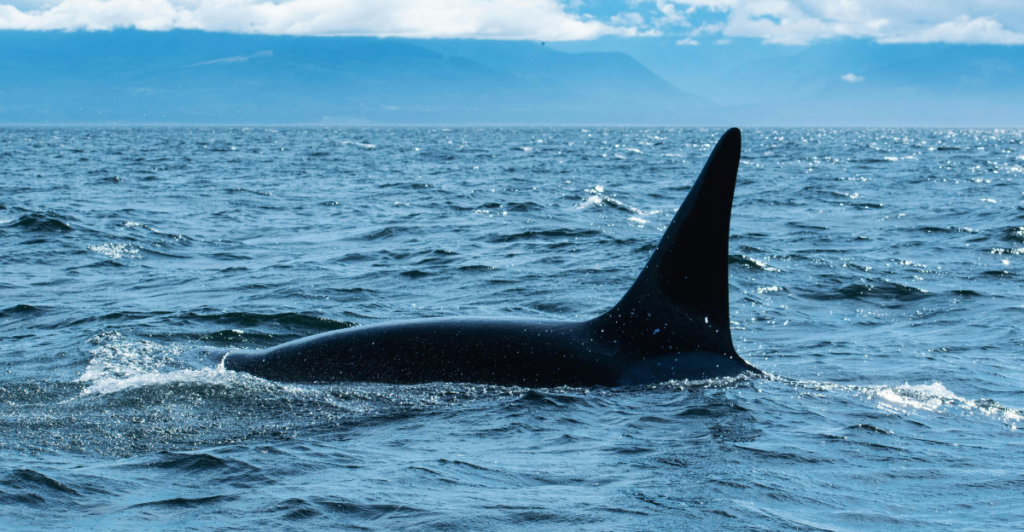
The introduction of a new apex predator like the orca can cause cascading effects throughout the Arctic food web. For instance, a decrease in beluga populations could lead to an overabundance of their prey, such as fish and squid. This imbalance can disrupt the diet of other species, ultimately reshaping the ecosystem in ways that are difficult to predict.
Threats to Orcas Themselves
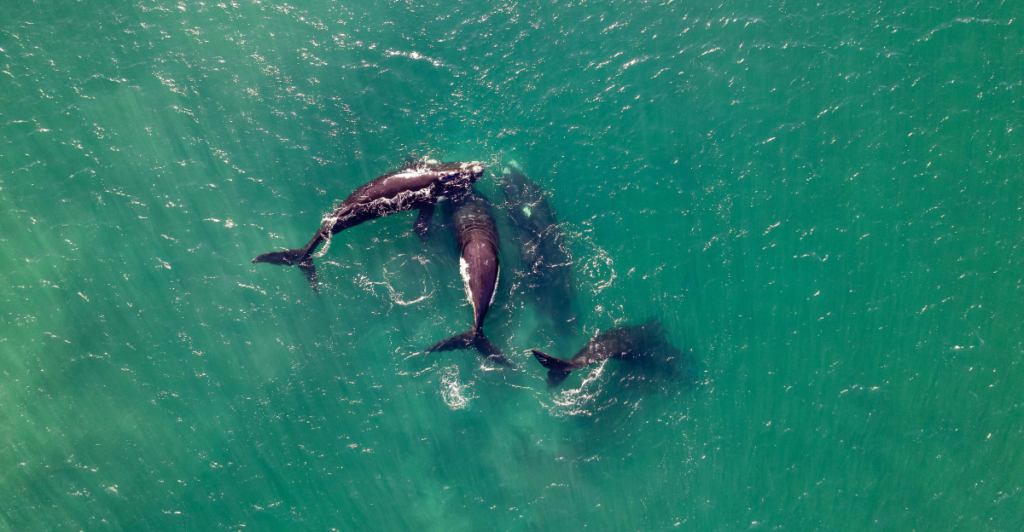
While the Arctic may provide new opportunities for orcas, it also presents challenges. The harsh environment, including extreme cold and limited daylight during winter months, could test the adaptability of orca populations. Additionally, the increased presence of humans in the Arctic, through shipping, oil exploration, and tourism, introduces risks such as ship strikes and noise pollution, which can interfere with the orcas’ communication and hunting.
Research Efforts and Tracking
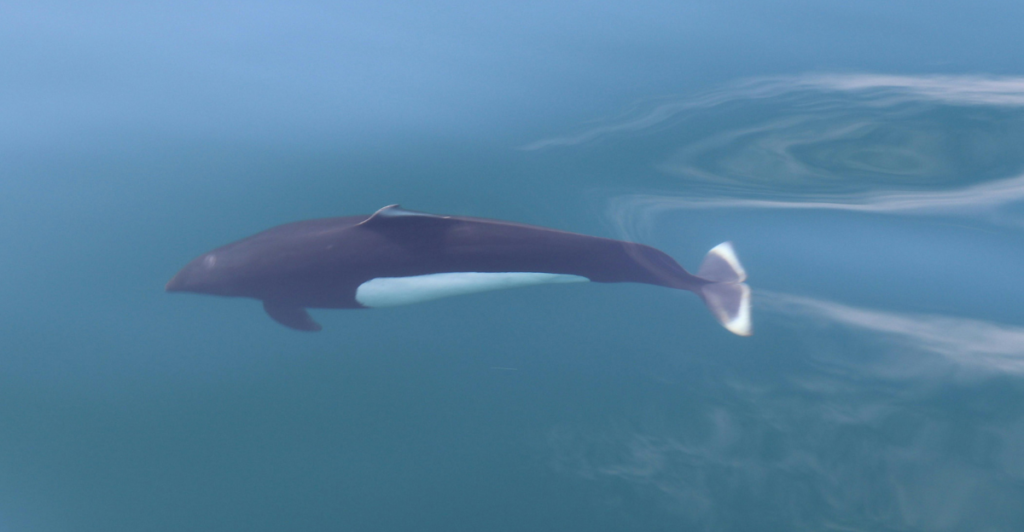
Marine biologists are closely monitoring orcas’ movements into the Arctic through satellite tagging and acoustic surveys. These studies aim to understand their migration patterns, diet, and interactions with native species. Scientists hope that this research will provide critical insights into how orcas are adapting to their new environment and the long-term consequences of their presence in the Arctic.
Potential Benefits to the Ecosystem
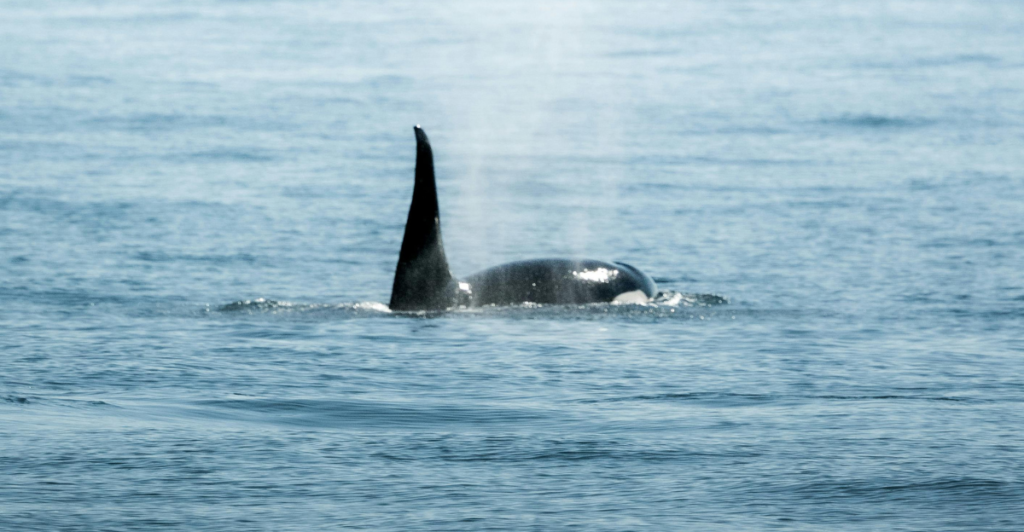
Interestingly, some scientists argue that the presence of orcas could have positive effects on the Arctic ecosystem. As efficient predators, orcas might help control populations of certain species that could otherwise grow unchecked in the absence of natural predators. This dynamic could foster a new equilibrium in the ecosystem, albeit a significantly altered one.
Collaboration with Indigenous Knowledge

Indigenous communities have a deep understanding of Arctic ecosystems, having lived in harmony with them for thousands of years. Collaborative research that integrates Indigenous knowledge with scientific methods could provide a more comprehensive view of the changes occurring in the Arctic. This approach could help devise strategies to protect both marine life and the livelihoods of Indigenous peoples.
The Global Implications
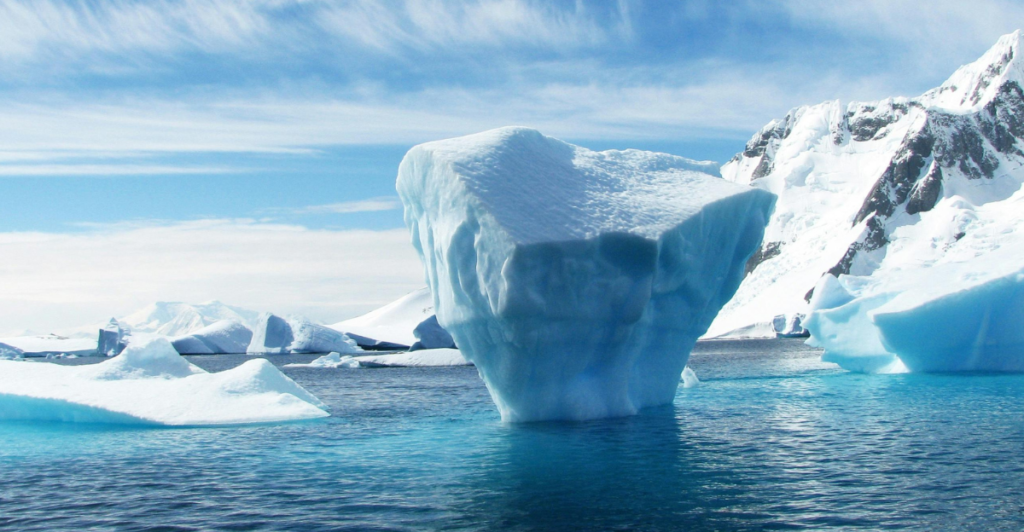
The migration of orcas into the Arctic is not just a regional issue but a global one. It highlights the interconnectedness of ecosystems and the cascading effects of climate change. What happens in the Arctic has ramifications for global biodiversity, climate regulation, and human societies, emphasizing the urgent need for action to mitigate climate change.
A Call for Conservation
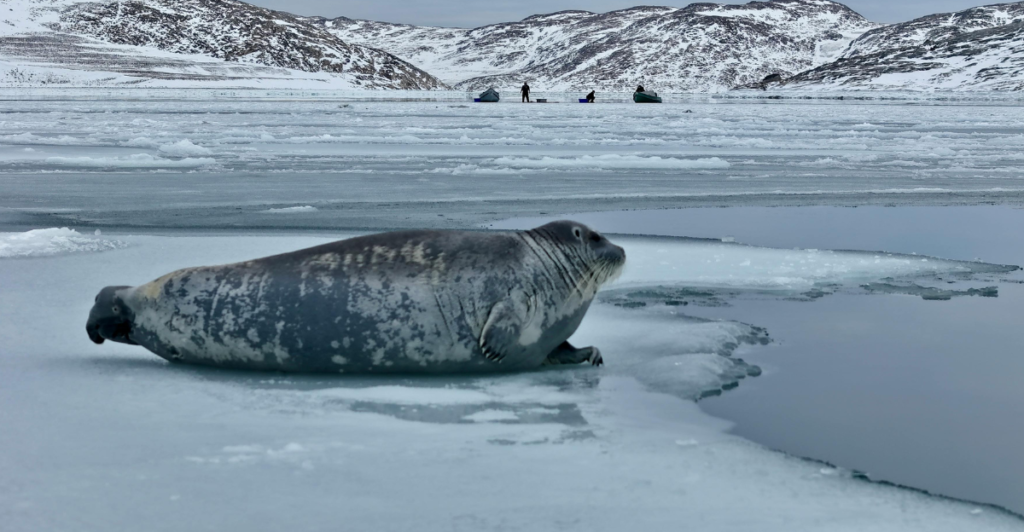
Conservationists are calling for increased protections for Arctic marine ecosystems in light of these changes. Measures such as restricting shipping lanes, establishing marine protected areas, and reducing greenhouse gas emissions are critical to preserving the fragile Arctic environment and its inhabitants.
The Need for Continued Observation
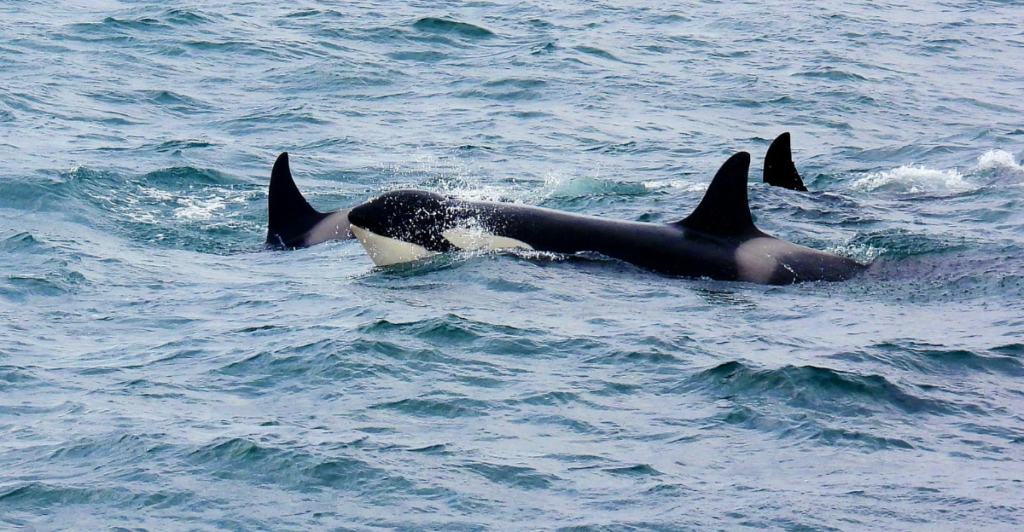
The movement of orcas into the Arctic is a developing story with far-reaching implications. Continuous observation and research are essential to understand the full impact of this phenomenon. The coming years will reveal whether orcas can truly thrive in this challenging environment and how their presence will shape the Arctic’s future.
A Changing Arctic Landscape
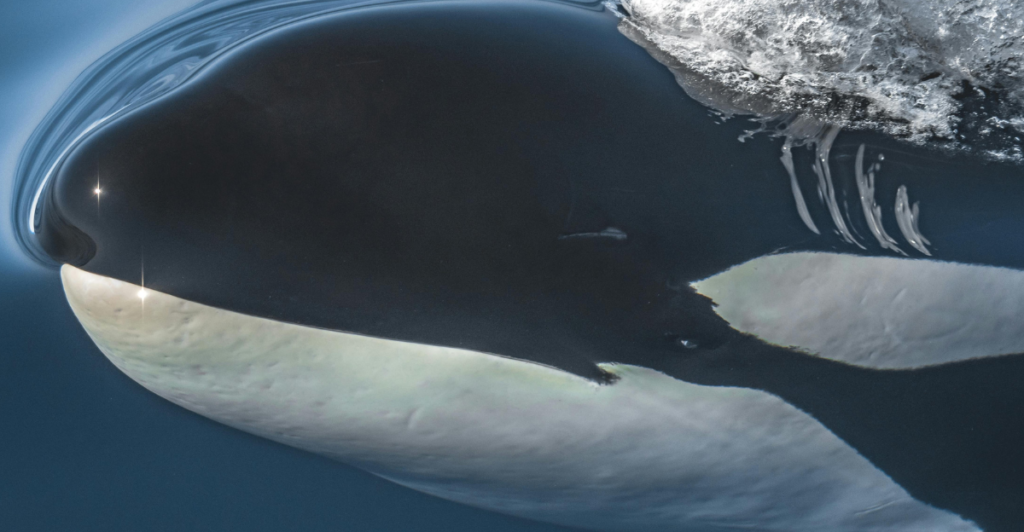
As orcas carve out a new niche in the Arctic, they symbolize both the resilience and vulnerability of nature in the face of a warming planet. Their journey into the Arctic serves as a powerful reminder of the urgent need to address climate change and protect the world’s most fragile ecosystems. Whether the Arctic can adapt to this new reality remains to be seen, but one thing is certain: the stakes have never been higher.
Stay connected with us for more stories like this! Follow us to get the latest updates or hit the Follow button at the top of this article, and let us know what you think by leaving your feedback below. We’d love to hear from you!







